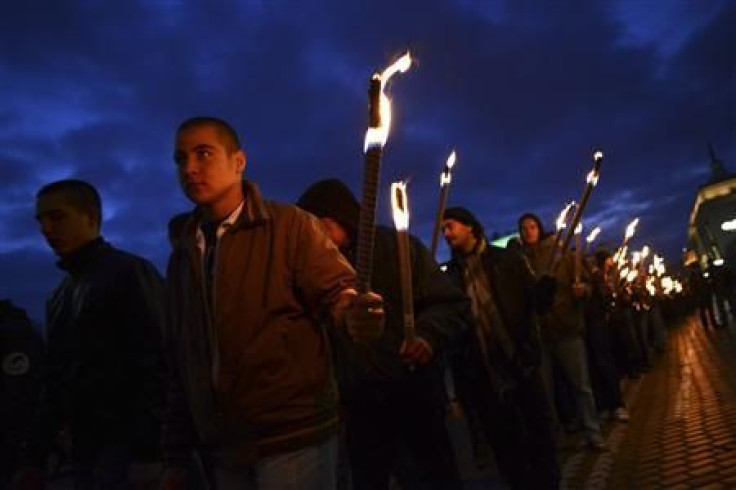Bulgarian Government Announces Resignation After Nationwide Strike Against Power Price Hike

The Bulgarian Prime Minister told parliament Wednesday that his government is resigning from office after nationwide protests against high electricity prices rocked the country, Reuters reported.
Prime Minister Boyko Borisov, who will step down today, told parliament: "I will not participate in a government under which police are beating people."
Bulgarian government has been facing public ire as the tough austerity measures and a sharp hike in electricity bill prompted thousands of citizens to take to the streets demanding the resignation of the government.
Bowing to the pressure, Bulgaria's government sacked Finance Minister Simeon Djankov, who had been instrumental in introducing the austerity measures for reining the fiscal deficit Monday.
The sacking did little to soothe protesters' anger and the protests continued across the country, forcing the government to pledge power price cuts Tuesday. However, chanting "Mafia" and "Resign", thousands took to snowy streets in Sofia and at least 10 other cities despite Borisov's pledges, Reuters reported.
The protesters and the opposition parties are seeking re-nationalization of the power distributors, which include two Czech companies CEZ and Energo-Pro and Austria's EVN.
Bulgaria, the poorest country in the euro zone is mired in economic slowdown and unemployment. The living standards has fallen sharply as the average income levels of the citizens touched $550 and unemployment rose to a 10-month high to 11.9 percent in January.
Acceding to the protesters demand, the government had announced that it would propose an 8 percent cut in power prices from March, and also said the contracts with CEZ will be revoked. This has put Bulgaria at loggerheads with the Czech government, which own 70 percent of the CEZ.
The price of electricity is a sensitive issue in the country that is struggling to cope with low income and huge expenses.
"We cannot stand it anymore," said Penka Slavova, a pensioner. "My pension is 155 levs ($110) and my December bill was 175 levs. What should I do?" Reuters reported.
Bulgaria is scheduled to hold parliamentary elections in July.
© Copyright IBTimes 2024. All rights reserved.












